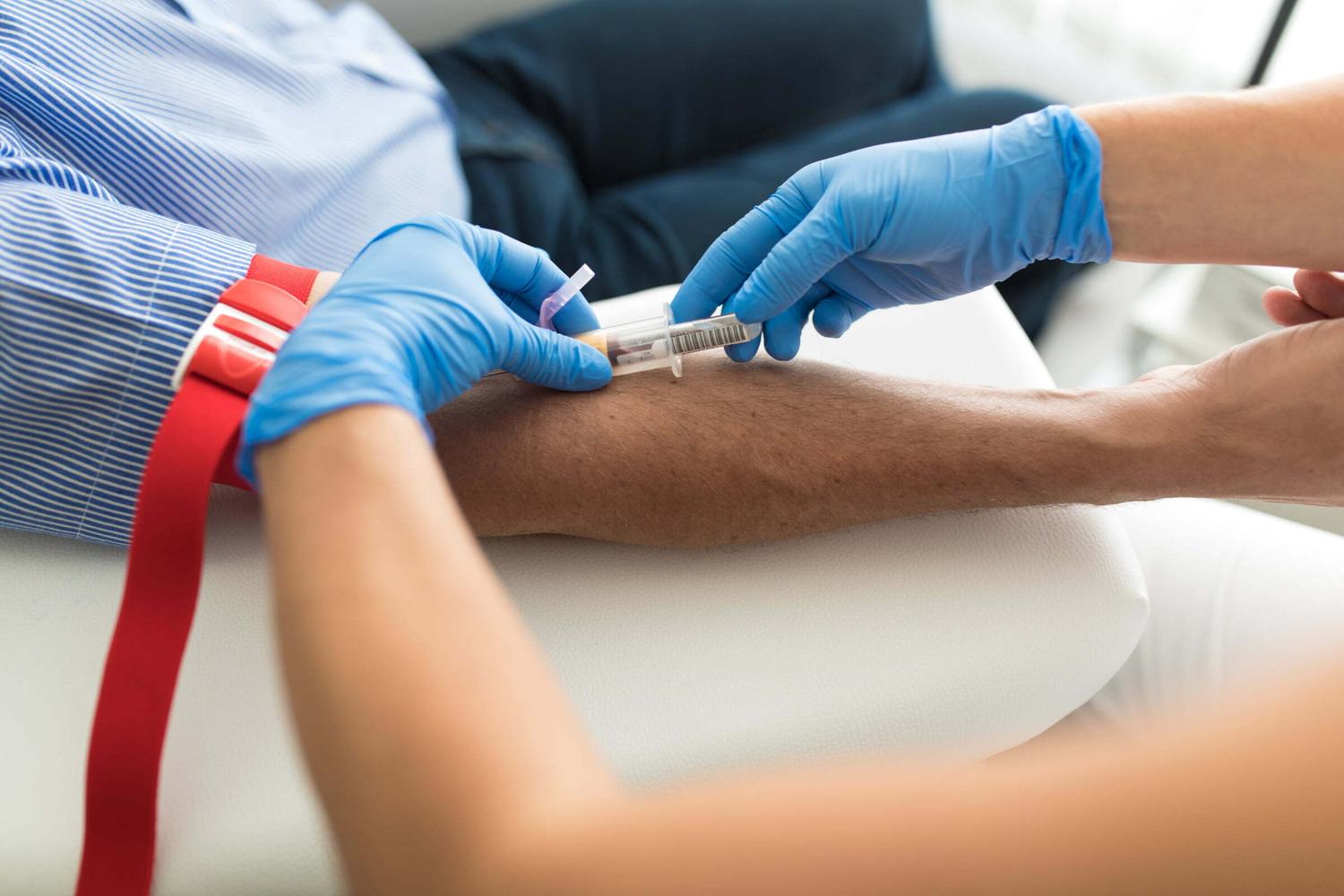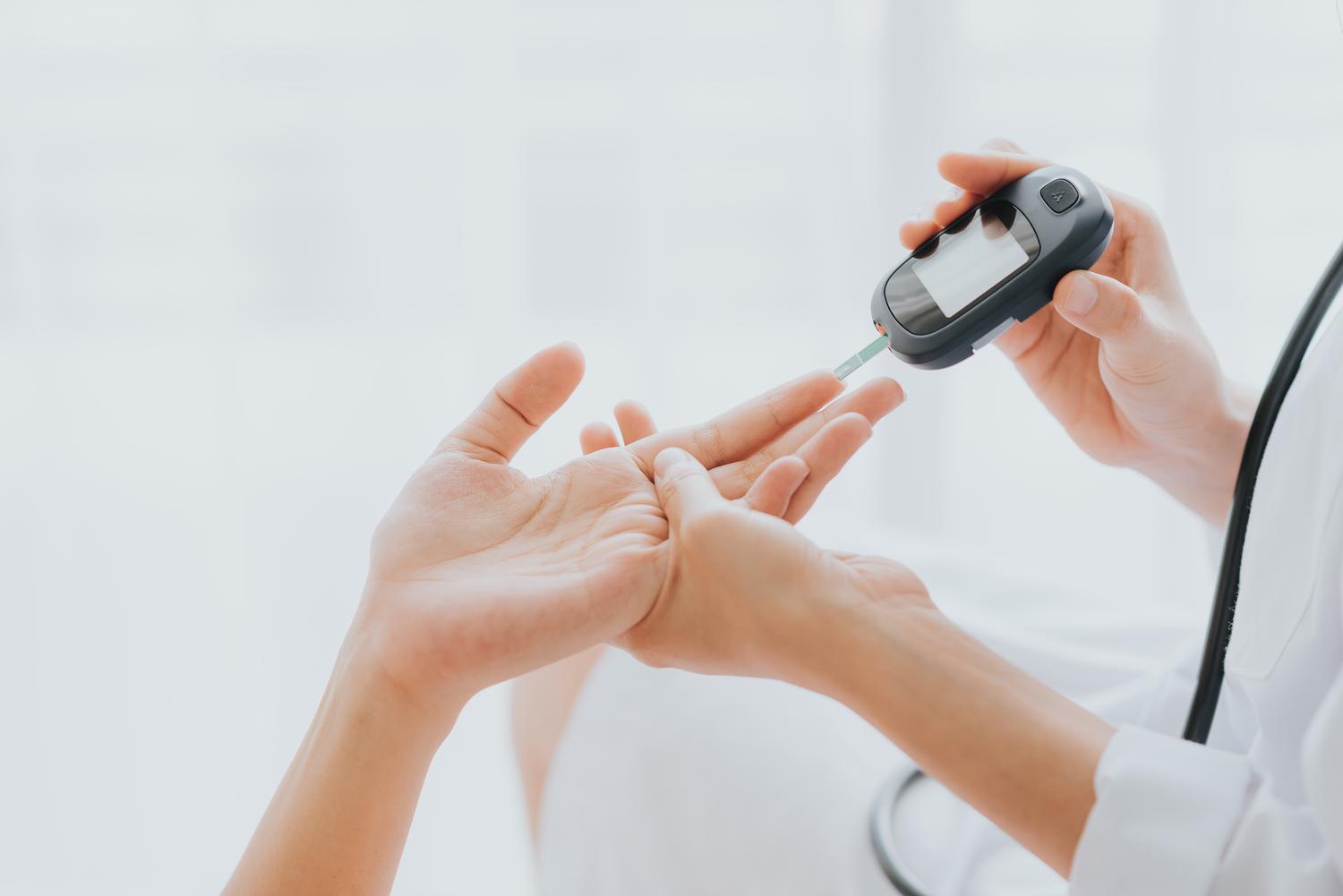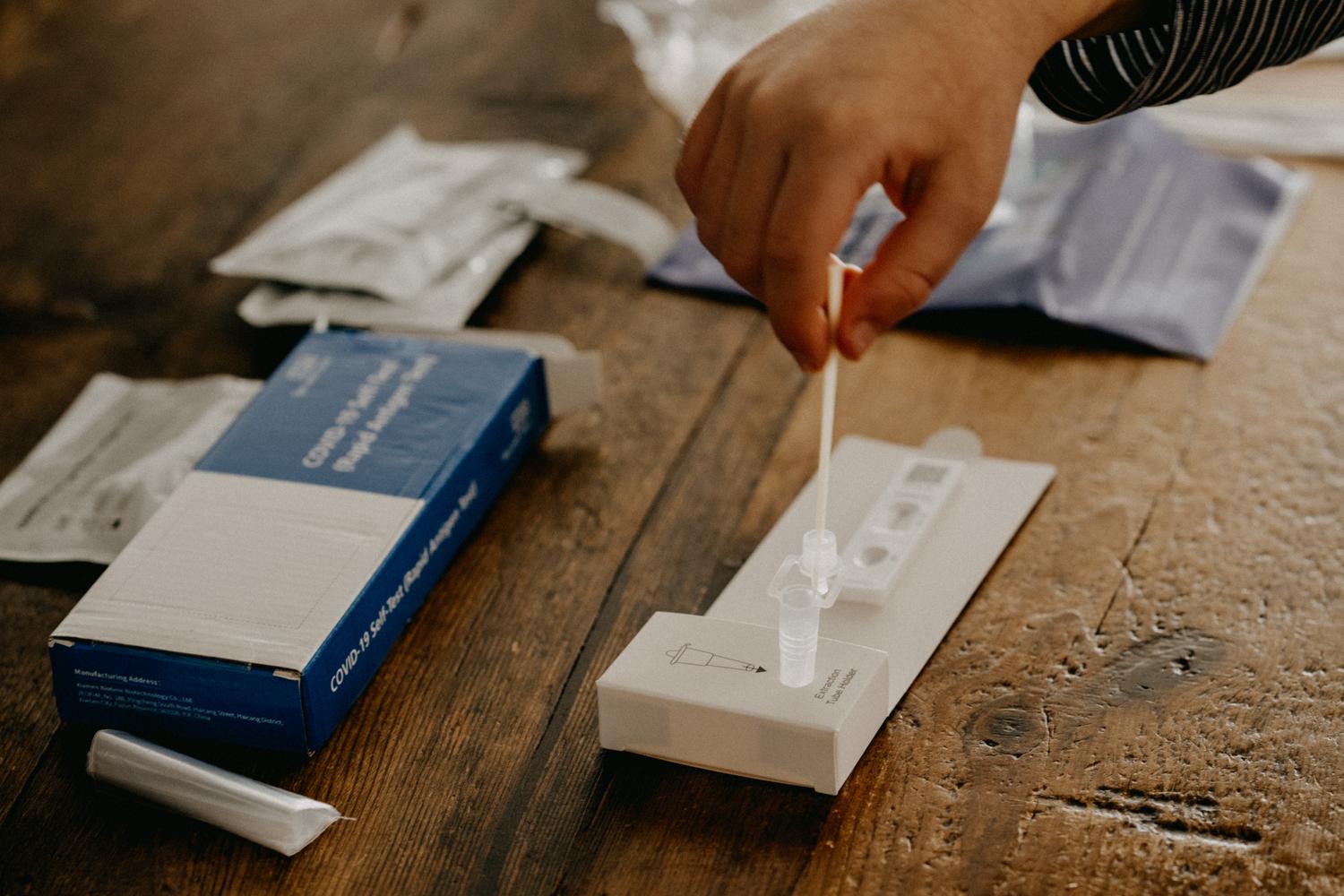Can You Get HIV Lab Tests Online?
Yes! Sesame has partnered with over 1,500 Quest Diagnostic locations to offer blood testing - such as HIV lab tests - without having to see a doctor first. When you visit a doctor’s office, you will usually have to pay for both the blood test and the doctor’s order for the test. When you schedule your blood test online through Sesame, the price of the doctor’s order is included with the price of the test. With labs purchased through Sesame, you are guaranteed the best cash price for your comprehensive metabolic panel test - no insurance needed.
If you’re ready to book a lab test, follow these simple steps:
1) Search for the type of lab test you are looking for (e.g., “HIV Lab Test”, or “Testosterone Lab Test”). 2) Browse Quest Diagnostics locations to find the patient service center that is most convenient for you. 3) Either book a walk-in appointment or schedule a visit for a time that works best for you. 4) Save 50-60% on your test with our online-only prices. Pay a one-time price upfront without ever having to see a doctor. 5) We send immediately send your order to the clinic of your choosing so that you can get your testing done that very same day. Either head to the office for a walk-in appointment, or show up at your scheduled appointment time.
Can’t find the test you’re looking for? Email us at support@sesamecare.com or call us at 1 (877) 947-6411 between 9 AM and 5 PM Central, Monday through Friday. We'll try to find you a lab or blood test as quickly as we can.
What is an HIV lab test?
HIV lab tests are diagnostic screening exams used to check the blood for the presence of the human immunodeficiency virus (HIV). There are three primary forms of testing used for the diagnosis of HIV. These are detailed below:
- Antigen/ antibody test: Antibody tests examine blood or saliva for specific protein cells that are produced as a reaction to viruses or bacteria. It may take several weeks for your body to produce these antibodies, so this test is most accurate at least 2-6 weeks after infection. Blood drawn from a vein may produce results more quickly (18-45 days after exposure) than blood drawn from a finger prick (18-90 days after exposure).
- Antibody test: This test is most accurate 3-12 weeks after exposure. Like an antigen/ antibody test, this procedure tests the blood or saliva for the presence of specific antibodies to detect infection. Antibody tests may be performed at a primary care clinic, or at home. At-home testing may take longer to produce results as you will be required to ship the blood or saliva sample you collect at home.
- Nucleic acid test: A nucleic acid test uses blood drawn from a vein to detect the presence of the virus in the blood - unlike the tests detailed above which check for antibodies. A nucleic acid test can usually detect HIV within 10-30 days after exposure, earlier than the antibody and antigen tests above.
Why are HIV lab tests performed?
HIV lab tests are ordered to help doctors diagnose HIV. Early on in the infection, symptoms of HIV may be unnoticeable. Because of this, doctors rely on blood work or saliva samples taken over several days or weeks to definitively diagnose this disease.
No HIV test can detect HIV immediately after exposure. The tests used to diagnose HIV are usually employed within 10-90 days after infection. If you believe you may have been exposed to HIV in the last 72 hours, contact your doctor to schedule a post-exposure prophylaxis (PEP) appointment. PEP involves taking medication for 28 days after possible exposure to prevent HIV. You may elect to undergo PEP if:
- You had unprotected sex with someone who may be infected, or if the condom broke during sex
- If you have shared needles, syringes, or injection equipment or have experienced an accidental needle stick
- You have been sexually assaulted
If you are worried that you may have been exposed to the HIV virus, talk to a doctor about scheduling a test to diagnose the disease. Specific instructions for timing and preparation will be given depending on your symptoms, and the timing of your exposure. If you suspect that you may have been exposed to HIV, but receive a negative test result, it is recommended that you receive a second test several days or weeks after your first test.
What is HIV?
HIV (human immunodeficiency virus) is a viral infection that damages your body’s immune system. HIV is transmitted through sexual contact or contact with infected blood. Pregnant women may pass this disease to their unborn child, or through breastfeeding. HIV is the early stage of the infection that may progress to become AIDS. If left untreated, HIV usually develops into AIDS within 8-10 months - once the virus has severely damaged the immune system.
HIV/ AIDS dramatically affects your body’s ability to fight infection. Individuals managing AIDS may become fatally ill from a disease that causes mild symptoms in healthy individuals.
Deaths caused by HIV/ AIDS have decreased in the last 10-20 years, however, the disease is still deadly if left untreated. Early detection can help you and your doctor slow the progression of the illness through medication.
How are HIV tests performed?
HIV tests require either a blood or saliva sample. To collect a blood sample, a small needle will be inserted into your arm. You may feel a slight pinch or sting as the needle enters the skin, but this pain should subside within a few seconds. Blood will be drawn from a vein in your arm and deposited into a small test tube. After the appropriate amount of blood has been taken from the vein, the needle will be removed from your arm, the puncture site cleaned, and the area bandaged. The test tube will then be given to the laboratory for testing.
This procedure usually takes about 5-10 minutes. In most cases, you will be cleared to leave the clinic after the test has been performed.
Saliva samples are usually performed by filling a small test tube with your spit. Talk to your health care provider about the best method to go about collecting a saliva sample.
How do I prepare for an HIV test?
No specific preparation is needed for an HIV test. If you are taking an HIV test at home, talk to your doctor about how to ship your sample, as well as how to properly perform the sample collecting.
How long does it take to book an HIV test?
Sesame is the fastest way to book a discreet HIV test - at the best cash price. Use our booking platform to schedule a lab test directly at the most convenient Quest lab near you. This takes about 2 minutes. Once you’ve finished checking out, we send your order directly to the lab so you can get your blood work or saliva sample done that day - often with results in 24 hours. That’s convenience you won’t find anywhere else.




